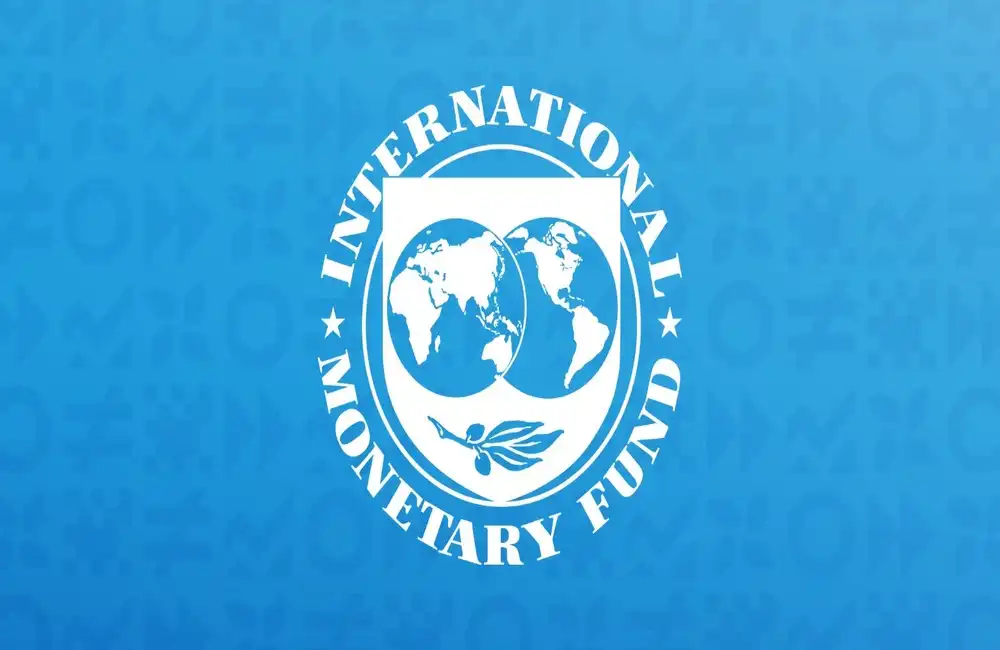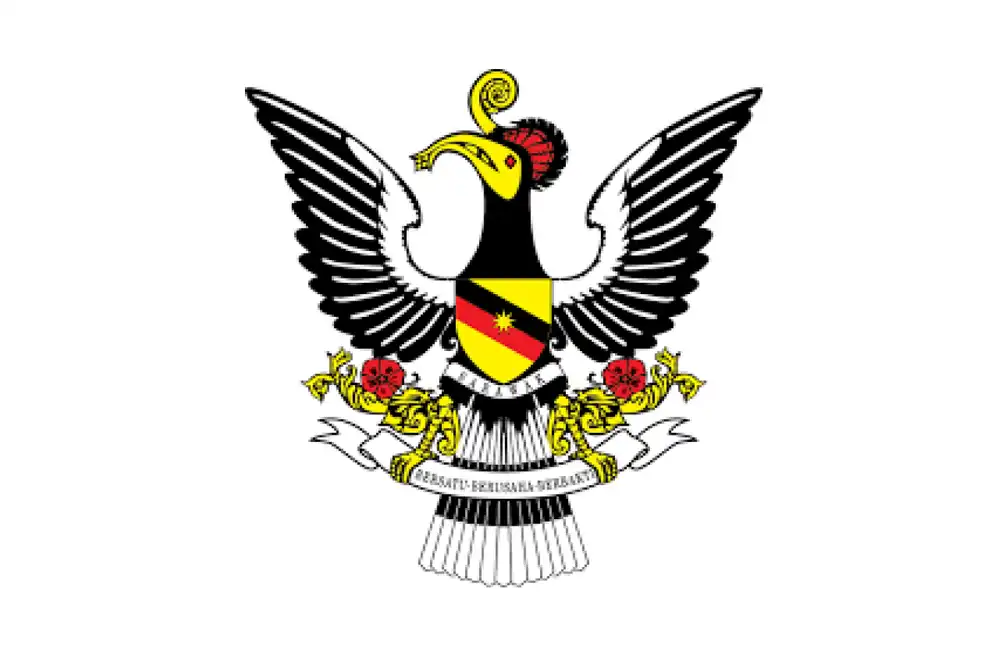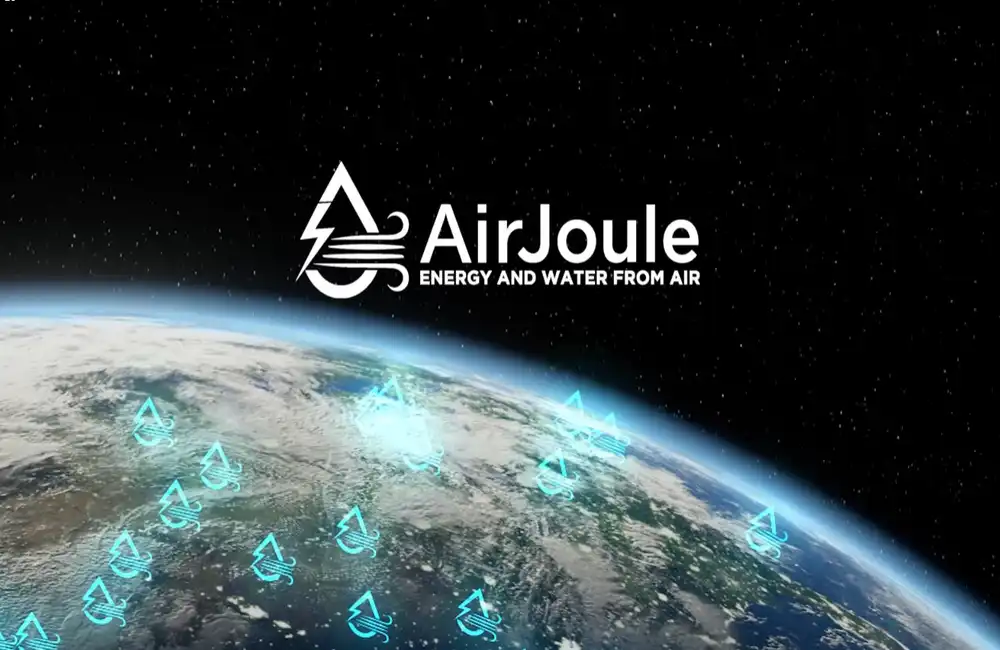The IMF and World Bank Spring Meetings take place every year in Washington, D.C. and represent a crucial gathering within the global economic calendar.
Scheduled for April 21–26, 2025, this year’s discussions are set to focus on two critical themes: how financial assistance can be returned to Syria after its extended civil war and how fragile economies can handle sovereign debt risks. The two topics hold substantial geopolitical and economic significance while producing important consequences for UK investors operating in today's tightly connected global marketplace.
Restoring Financial Support to Syria
Saudi Arabia and the World Bank will lead discussions about financial support restoration for Syria at the meeting.
The meeting’s central activity will be a roundtable discussion facilitated by Saudi Arabia and the World Bank to discuss financial support restoration for Syria. As Syria emerges from its devastating 14-year civil war, international focus has now shifted towards rebuilding the country and restoring its economic stability. Saudi Arabia has demonstrated its leadership by committing to pay back $15 million to the World Bank on Syria’s behalf. This action may open up access to resources from the International Development Association (IDA), which are designed to help low-income countries.
Unlocking IMF Special Drawing Rights
Syria possesses $563 million in IMF Special Drawing Rights (SDRs). Major IMF stakeholders have to approve access to these funds and the United States plays a crucial role in this process. These resources would deliver vital liquidity to Syria’s economy, which could boost reconstruction efforts and stabilise financial systems if they were accessed.
International Engagement with Syria
Syria is building stronger relationships with international partners through renewed global engagement. The participation of Syria’s finance minister and top central bank and foreign ministry officials at international meetings shows their shift towards engaging in cooperative dialogue. UK investors will find potential opportunities as deployment of financial support mechanisms helps rebuild critical infrastructure and restore public services to stimulate economic growth.
Managing Sovereign-Debt Risks in Fragile Economies
A New Framework for Sovereign Debt Restructuring
The Global Sovereign Debt Roundtable's newly developed tool called the “playbook” will soon be unveiled by the IMF. The framework provides support to countries needing to restructure their unsustainable sovereign debt obligations. The tool enables countries to take early action on debt management and maintain financial stability before reaching a critical situation. This playbook arrives at an essential time because smaller nations face growing exposure to international trade disputes and unstable economic conditions.
The Importance of Anticipatory Measures
The central focus of these discussions includes smaller, vulnerable economies that frequently depend on inconsistent external funding sources. Global financial stability would be reinforced through anticipatory debt solutions that provide benefits to countries everywhere and UK investors. The implementation of these measures will create a more predictable investment climate for global markets by minimising defaults and enhancing certainty.
Implications for UK Investors
Opportunities in Syrian Reconstruction
UK investors now have a rare chance to engage in Syria’s extensive rebuilding and development initiatives following financial support restoration. Significant international financial support for Syria’s infrastructure projects creates potential business opportunities for British construction companies and investors in the energy and technology sectors. An emphasis on transparent processes and sustainable reconstruction strategies has the potential to establish a welcoming climate for investors.
Stabilising Fragile Economies and Portfolios
Better sovereign debt management strategies in vulnerable economies can strengthen worldwide financial stability, which subsequently benefits UK investors who maintain diversified investment portfolios. The stability of emerging markets, combined with fewer defaults, can drive capital flows toward these areas by providing new investment opportunities with safer risk profiles.
Navigating Geopolitical Risks
The broader geopolitical context must be recognised as essential. Syria’s access to essential financial resources will likely be impacted by the UK’s foreign policy together with possible objections from significant stakeholders such as the United States. Political disagreements between creditor countries could create significant obstacles and delays in the debt restructuring process. UK investors should incorporate these risks into their market evaluation strategies when assessing investment opportunities.
Conclusion
The 2025 Spring Meetings of the IMF and World Bank will focus their discussions on two essential global challenges. A hopeful new chapter begins for Syria now that financial support is being restored to its conflict-torn nation, while IMF's sovereign debt playbook may serve as a financial safety net for economically vulnerable countries. The developments offer UK investors prospects and dangers which require thorough examination.
To effectively take advantage of potential investment opportunities, investors must stay knowledgeable and flexible. Success in decision-making around Syrian reconstruction opportunities or emerging market debt challenges requires an in-depth comprehension of the larger economic and geopolitical environment.
UK investors who track important discussions alongside global trend developments can solidify their standing in the dynamic investment environment.


















